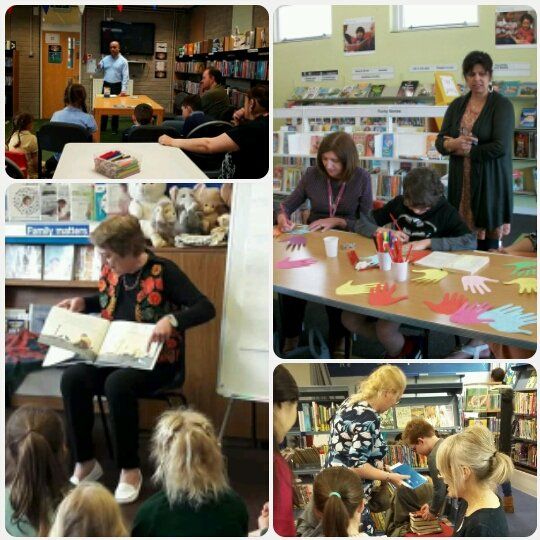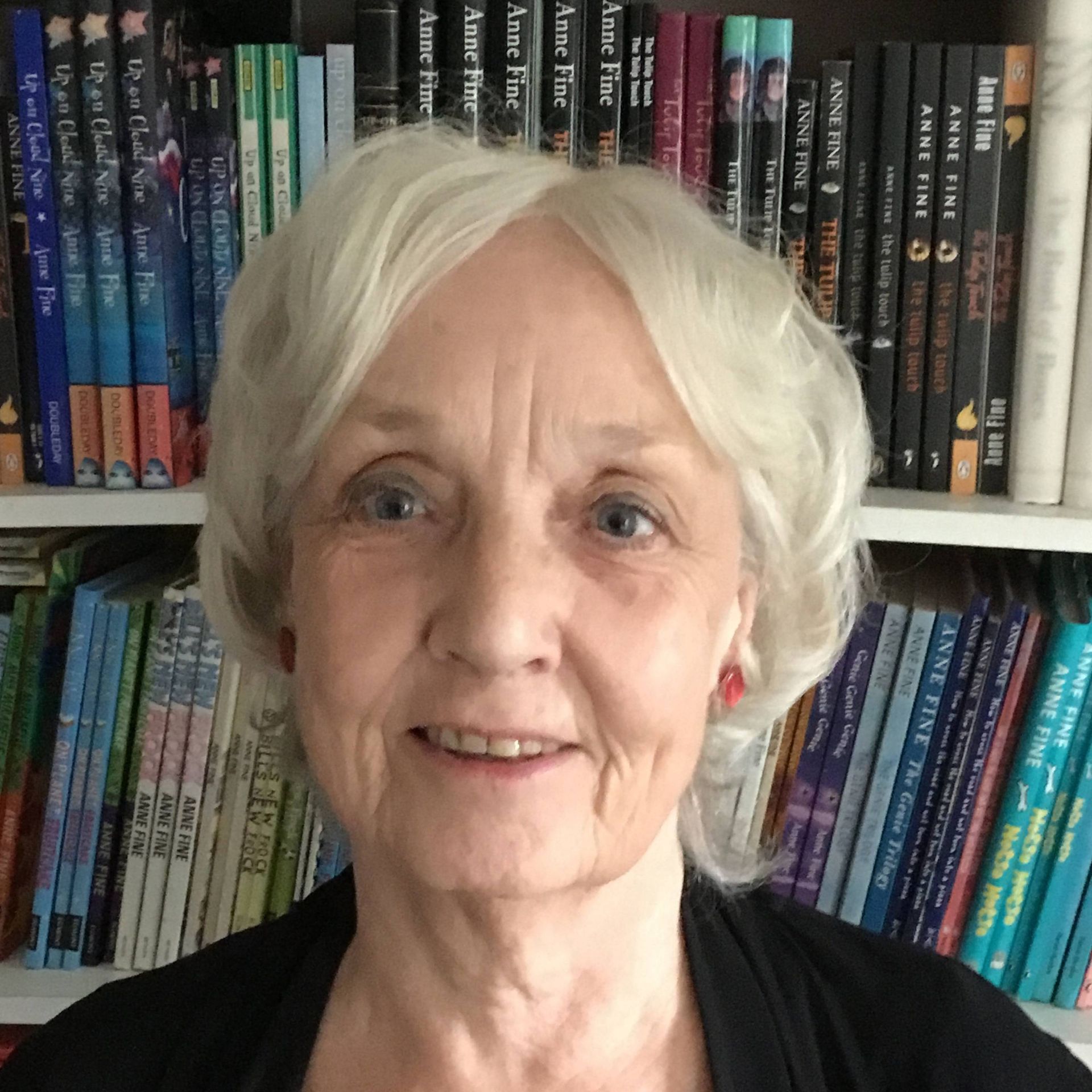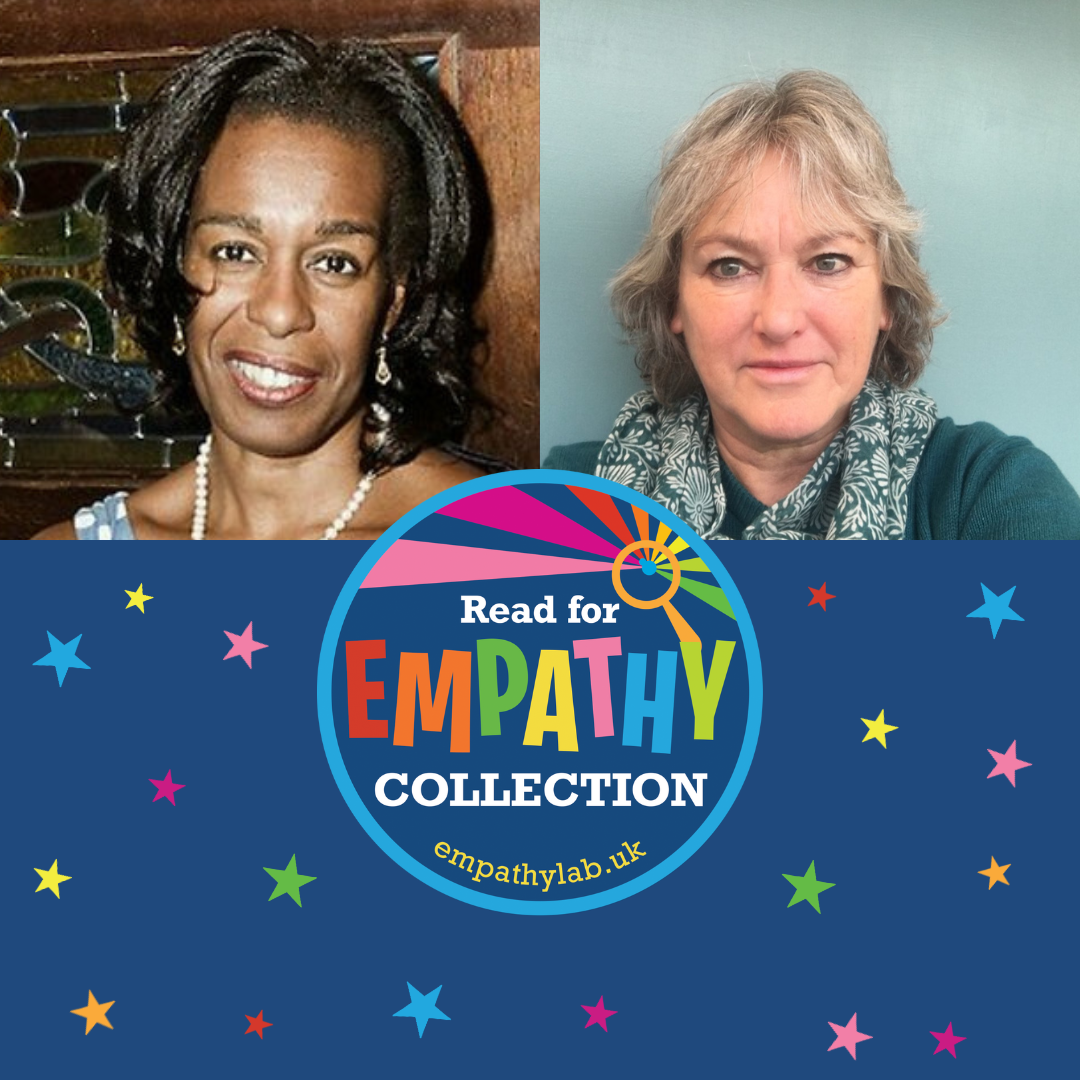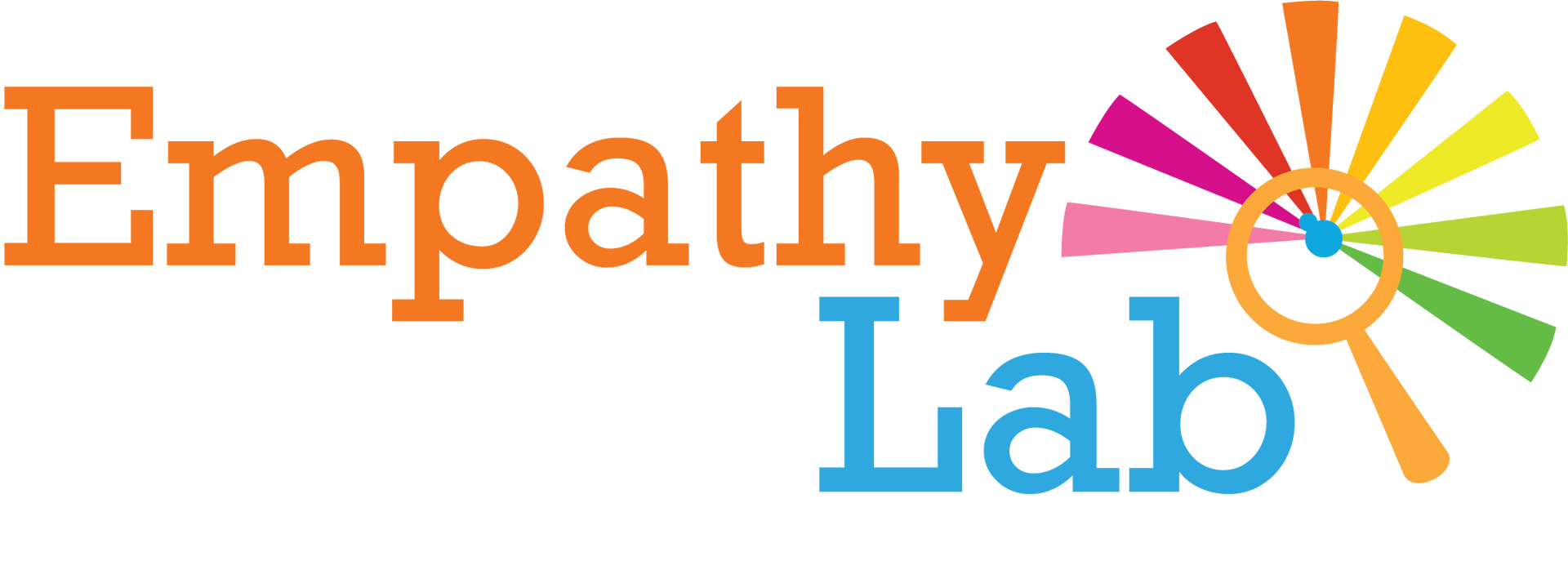Empathy Day in public libraries
- By EmpathyLab
- •
- 17 May, 2018
- •

53 libraries taking part in Empathy Day 2018 across the UK
Many have highlighted concerns about increases in community tensions, and want to deploy their book collections to help us all understand each other better. Since research shows that books expand our real-life empathy, libraries have an inspiring role to play – the borrowing of books could in itself be seen as an act of empathy, through the sense of connection through shared community ownership.
Sandwell’s Dawn Bastable says: “We are extending Empathy Day throughout June and encouraging everyone to think about what it might be like to walk someone else’s path in life. We see this as a great message to help with community cohesion and greater understanding of each other. Every library in Sandwell will be focusing on empathy and using the 2018 Read For Empathy collection; we will run activities to help combat loneliness, recruiting Happy to Chat volunteers and have a Great Get Together event".
Staffordshire’s Liz Gardner says: “libraries are a great example of 'empathy in action' on a daily basis so it is really exciting for Staffordshire Libraries to be taking part. Our 43 libraries will be creating empathy walls, encouraging local people to share their 'empathy issues' and possible solutions - our Knit and Natter group will debate the issues raised. Burton Library where I am based is making empathy a major June focus, including Year 6 pupils visiting to discuss their experiences and create empathy pledges, and a Swap Your Reading Life pilot".
EmpathyLab is working with four library services –Essex; Libraries Unlimited Devon ; St Helens and Sheffield - on a special Engaging Libraries project funded by Wellcome Trust and Carnegie UK. This sees each service asking local communities to identify issues where more empathy would help. People have highlighted loneliness, inter-generational relationships and being different, and each service has involved authors (Helen Moss, Gillian Cross, Bali Rai, Sita Brahmachari) – to partner with local people to develop linked Empathy Day events.
Every library in Wrexham and Manchester is taking part. In Manchester they are running empathy-focused craft events, rhyme times and film show; authors Alan Macdonald and Tarnya Cole will work with children. Kirklees Library Service are working with Chitra Soundar –one of the authors on our #ReadforEmpathy booklist this year. Many library services such as Gloucestershire and Brighton and Hove will run empathy rhyme times; others are planning activities in their prison libraries.
Public libraries have always been at the very centre of their communities, a place where generations can come together to share experiences, and people from different backgrounds can get to know each other. Libraries offer sensitive support to vulnerable people and do their utmost to make their services accessible– for example for those living with dementia or autism. We couldn’t be prouder to be partnering with them on Empathy Day.

Why has the sheer importance of empathy come to the fore in recent years? Why do we care so much about a concept that had seemed to be left to itself for so long?
Perhaps because there has been so much change and upheaval for our young people in recent years, leaving so many isolated from what we might term ‘real’ contact with others. Lockdown was for many a disaster. The proliferation of phones hasn’t helped. Financially stretched families are often starved of time that can be spent in casual, easy, contact with one another.
So gaining an understanding of others from fiction has become more and more important. Children have always learned from the books and stories they are offered. From the fairy tales, children who lived in an elemental world without luxuries or social safety nets learned the virtues that were so necessary back then to survival: courage, resourcefulness, endurance, quick wits, kindness to strangers.
Our own young people live more tightly under separate roofs, and we have seen the language of books change accordingly - to Mum, the babysitter, playgroup, park, baby sister, Dad’s girlfriend, the bully, happy, worried, sad. It’s the language of relationships and emotions now, and understanding and compassion liberate. They have become the twenty-first century equivalent of Hansel and Gretel’s pebbles gleaming in the moonlight to show the way out of the dark forest.
Frank Flanagan once said good writers “structure, explain and evaluate the experience of childhood and empower the child to come to terms with it. They enable the child to lead a full life."
How? Partly by quite unconsciously increasing self-knowledge and self-awareness. A young reader can’t help but see characters in books unconsciously as if in a mirror. "I'm not like that." "I worry about that too." "I would have been braver”, “slower to catch on”, “tempted to be more mean”. And when this sense comes of no longer being the only one in the world to have this problem, or to feel that way, the child not only comes to realise that they are not alone, but also to gather insights into how other people deal with the same worries or tackle the same problems. In short, they learn, vicariously, how other people tick.
We have so many young people who, it seems, sometimes as a result of their upbringing, often simply by nature, have somehow failed to acquire the tools to begin to think about their own situation. Through fiction they can often begin, safely, to explore the more subtle aspects of life around them - an insight into someone else's life. A child can share desk space with someone else all year and yet learn less about them than about a character in one short book that’s read to them at night. I try to show this in my novel On the Wall , where, over the school year, Finley’s quite exceptional gift for tranquillity and self-acceptance in an anxiety-inducing world causes one fellow pupil after another to look more deeply into themselves, and learn how to rebalance their own way of thinking to become, in the process, calmer, happier, or more accepting.
We all want, for our young people, peace of mind. An excellent start is to explore Lauren Child's wonderful 'Staring into Space' project: https://staringintospace.me/
Then, steep them in fiction. And where better to find the
best than at the EmpathyLab itself?
You can purchase Anne's book, On the Wall,
here

The collection consists of 65 books for 3-16 year olds, each chosen for its unique contribution in building young people’s empathy.
The primary collection for 3-11 year has 40 books; the secondary collection features 25 books for 12-16 year olds.

